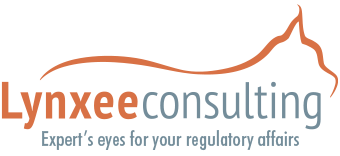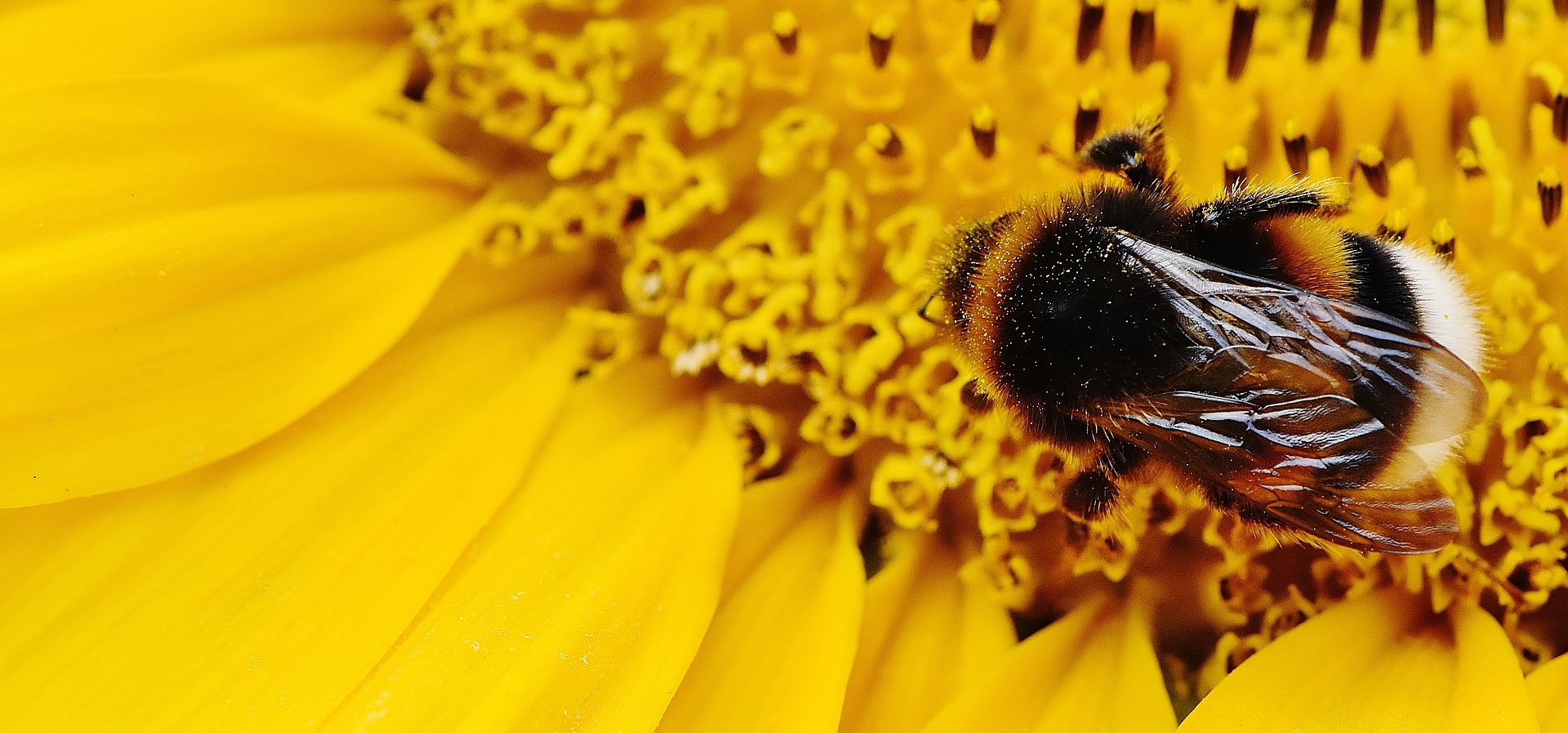
FRANCE: Glyphosate phase-out plan issued
12 February 2019
FRANCE: Update of the official list of biocontrol products – February 2019
20 February 2019As part of the French action plan on plant protection products (PPP) and on a less pesticide-dependent agriculture, ANSES was seized mid-2018 by the Ministries of Agriculture and Ecological Transition to make recommendations aimed at strengthening the regulatory framework for the protection of bees and other pollinating insects.
ANSES was notably asked to review the requirements to obtain an exemption like a “Bee claim”, as defined by the French decree of 28 November 2003. As a reminder, this national measure supplements and strengthens the European legislation as regards the use of insecticides and acaricides. It bans the spray application of these PPP during flowering and/or honeydew production periods, except in the case of a justified exemption and the attribution of a “Bee claim”.
After an analysis of all available data (in particular those coming from national monitoring networks), ANSES issued the following recommendations:
- Extend the ban of spraying insecticides and acaricides during flowering and/or honeydew production periods:
- to all PPP sprayed during these periods,
- to all PPP containing systemic active substances and sprayed before flowering of the crop or used as seed treatments,
- including, microbial-based PPP.
- Require new types of studies to obtain the exemption “Bee claim” (including for products already authorised) or for the use of systemic active substances via spray application before flowering of the crop or via seed treatments:
- Honeybees (A. mellifera)
- Larval toxicity test following repeated exposure (OECD GD 239),
- Study of effects other than brood development following a chronic exposure (laboratory test on adult bees, 20-30 days exposure) – after validation of the test,
- Study of long-term effects following an acute exposure (hypopharyngeal gland development) – after validation of the test, and
- Study of behavioral effects (homing capacity of forager bees) – after validation of the test – in the case of insecticides targeting the central nervous system.
- Bumblebees (B. terrestris)
- Acute oral and contact toxicity tests, and
- Toxicity tests under more realistic conditions (e.g. tunnel) – after validation of the tests
- Honeybees (A. mellifera)
ANSES also reiterates its previous recommendations made to protect bees in the context of the French decree of 28 November 2003 (2013-SA-0234 – in French): irrespective of the crop concerned, PPP with an exemption “Bee claim” should only be applied after sunset and within the next three hours, with measures to ensure operator safety.
Finally, while the “new” EFSA Guidance on Bees (EFSA Journal 2013;11(7):3295) has still not been implemented at EU level, ANSES will start an update of the risk assessment approach for bees and other pollinators. This work will be based on the methodology proposed by EFSA, in particular for the chronic risk assessment for bees (adults and larvae), and by taking into account different exposure scenarios.
To download (in French):
AVIS de l’Anses relatif à l’évolution des dispositions réglementaires visant à protéger les abeilles et les insectes pollinisateurs sauvages (Saisine 2018-SA-0147)
Lynxee consulting’s team is at your disposal to answer your questions.
Contact us! https://lynxee.consulting/en/contact/


